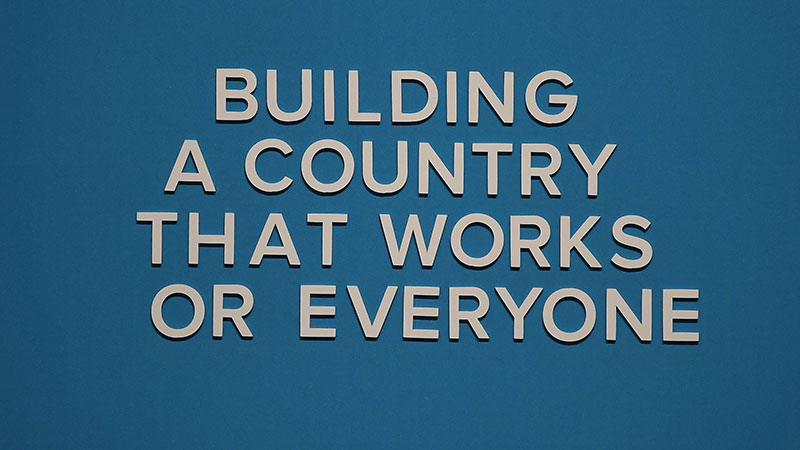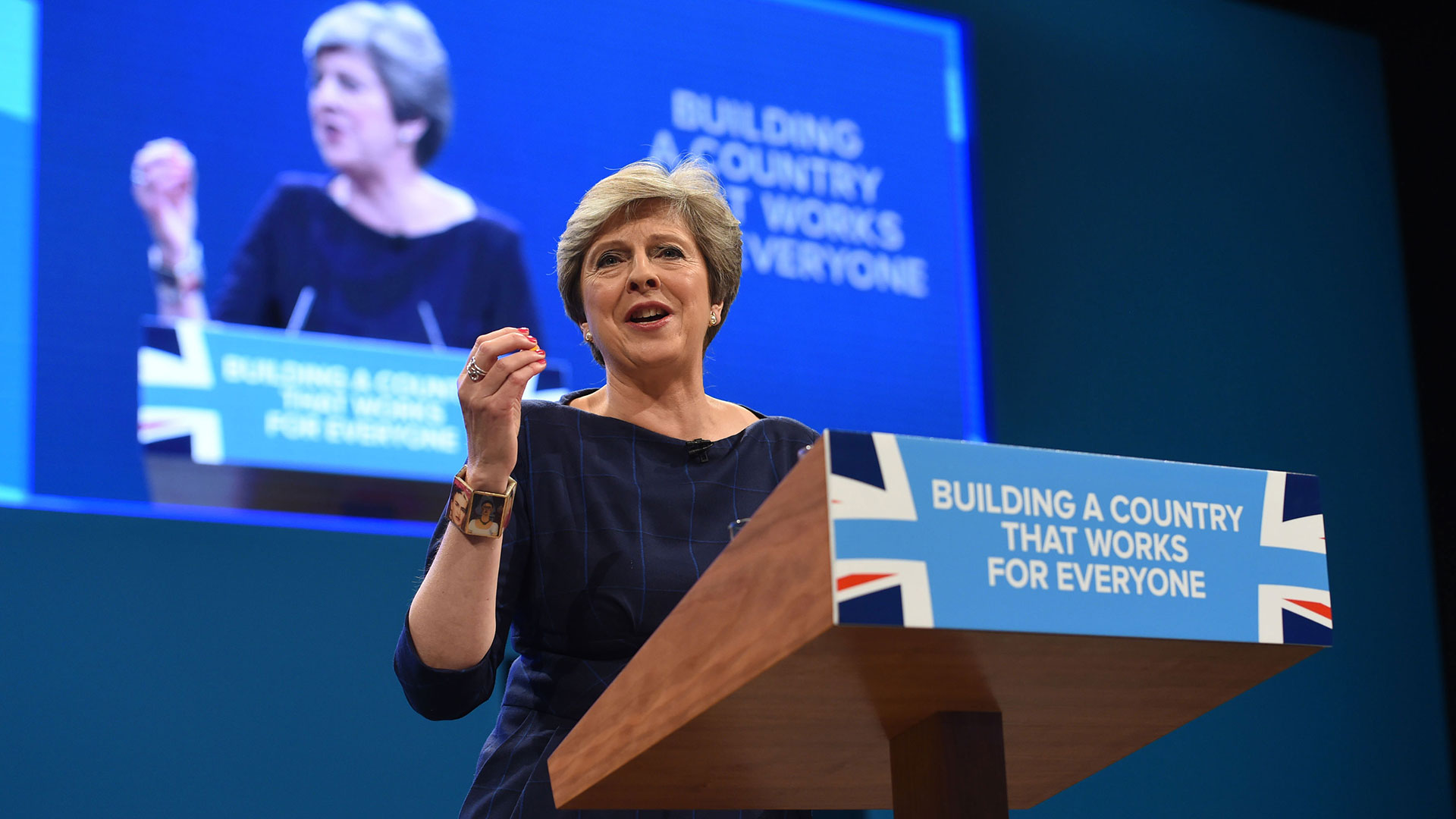The fallen F matters. The cough matters. The internecine Tory feud matters. The Boris circus, those Brexit across-the-barricades catcalls, the great goon show that is modern politics – it all matters.
It matters because it sucks up oxygen, takes our focus and becomes the only game in town. It’s hypnotic. But it doesn’t make the looming cloud any smaller. We can’t make the truth go away by refusing to address it. The government, the rest of us, we’re looking at the shiny paint on the car and not admitting the engine is held together with frayed string.

The great looming cloud growing this winter is Universal Credit. And it’s noxious.
Universal Credit is, in theory, a good idea. Simplifying the baroque benefits system was necessary. The idea that work is better than non-work and a reliance on state benefits is laudable. For Iain Duncan Smith, architect of Universal Credit, it was an ideological crusade that couldn’t fail. People would take control of their welfare income, then better route maps would be created to carry them to the verdant plains of work. So far, so idealistic.
Trials started. But even when red flags appeared, on it went. Then, IDS left his place at the head of DWP for the good ship Brexit, and nothing changed. The overspend on the computer system didn’t derail Universal Credit, nor the increasing stories of withheld payments, debt spirals and fears for people at the very bottom of the pile.
The government looks either focused on its internal battles, or their army of civil servants is away from the daily grind and onto Brexit. Either way, this is not a good plan
Each new applicant faces a delay in payment of six weeks. This is supposed to reflect the delay in pay when entering the job market. But if there are no personal savings, nothing to plug the gap, where is the money coming from? What point is this making? Especially for the sick or disabled.






